World leaders to meet on two-state solution as support grows for Palestinian state
France and Saudi Arabia will convene dozens of world leaders on Monday to rally support for a two-state solution, with several of them expected to formally recognise a Palestinian state. This move could draw harsh Israeli and US responses.
While the summit could boost the morale of Palestinians, it is not expected to deliver change on the ground, where the most far-right government in Israel’s history has declared there will be no Palestinian state as it pushes on with its war against Hamas in Gaza.
The two-state solution was the bedrock of the US-backed peace process ushered in by the 1993 Oslo Accords. The process suffered heavy pushback from both sides and has all but died. Israel and the United States will boycott the summit, Israel’s U.N. Ambassador Danny Danon said, describing the event as a “circus.”
Britain, Canada, Australia and Portugal all recognised a Palestinian state on Sunday. France and five other states are expected to also formally do so on Monday.
While the majority of European countries now recognise a Palestinian state, both Germany and Italy have signalled they are unlikely to make such a move soon.
Germany — long a strong supporter of Israel because of its responsibility for the Holocaust — has grown more critical of Israeli policy, while insisting that recognition of a Palestinian state should come at the end of a political process to agree on a two-state solution.
The German government spokesperson said on Monday that there must be no further annexations in Israeli-occupied territory.
Italy said recognising a Palestinian state could be “counterproductive”.
ISRAELI RESPONSE MAY INCLUDE WEST BANK ANNEXATION
Israel is considering annexing part of the occupied West Bank as a possible response, as well as specific bilateral measures against Paris, Israeli officials have said, even though the recognitions are expected to be largely symbolic.
Annexation could backfire and alienate key countries like the United Arab Emirates, a global oil power and trade hub with wide diplomatic clout across the Middle East.
The United Arab Emirates, the most prominent of the Arab states that normalised ties with Israel under the US-brokered Abraham Accords in 2020, has said such a move would undermine the spirit of the agreement.
“That is why we came on record saying that annexation is a red line for my Government because it strikes at the very heart of what the Abraham Accords were meant to achieve,” Lana Nusseibeh, minister of state at the UAE foreign affairs ministry, told the BBC on Monday.
Norway recognised a Palestinian state jointly with Spain and Ireland in 2024. But Norway’s Foreign Minister Espen Barth Eide was cautious about the latest statehood recognitions.
“Palestine is at a turning point, and we are at a crossroads. While international political support for a two-state solution has rarely been stronger, the situation on the ground is worse than ever,” said Eide.
The US administration has also warned of possible consequences for those who take measures against Israel, including against France, whose president, Emmanuel Macron, is hosting the New York summit.
The summit, ahead of this week’s United Nations General Assembly, follows Israel’s launch of a long-threatened ground assault on Gaza City with few prospects for a ceasefire two years after Palestinian Islamist militants Hamas attacked Israel, triggering the war in the Palestinian enclave.
For the latest news, follow us on Twitter @Aaj_Urdu. We are also on Facebook, Instagram and YouTube.








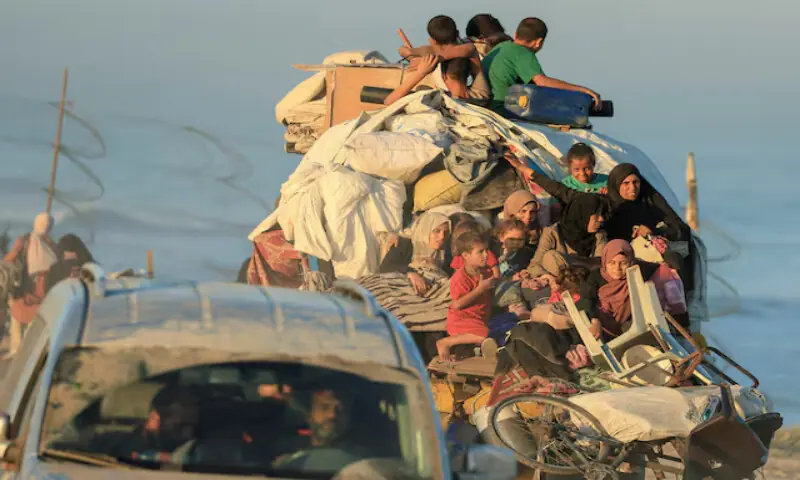








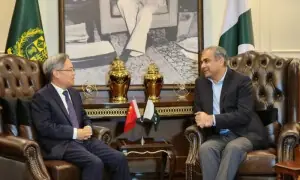
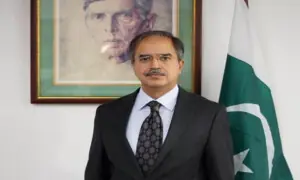
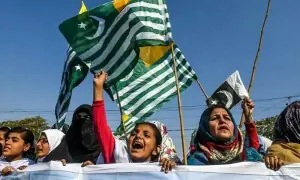
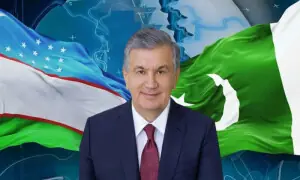
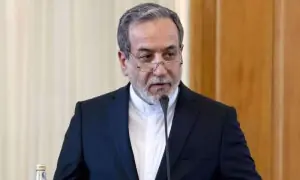
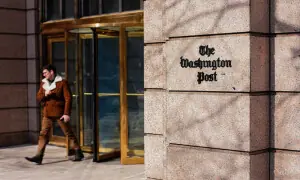




Comments are closed on this story.